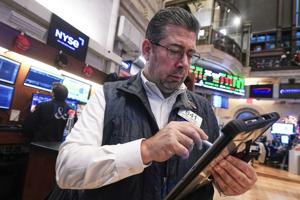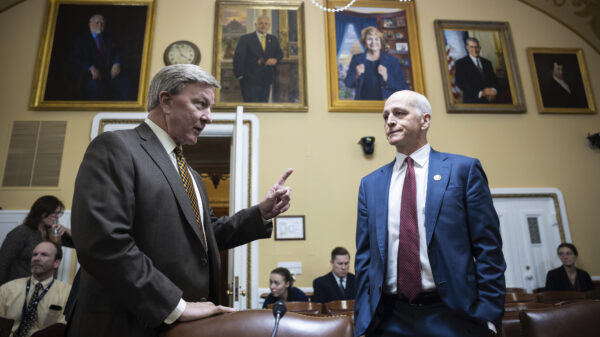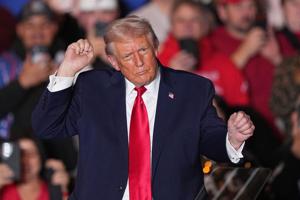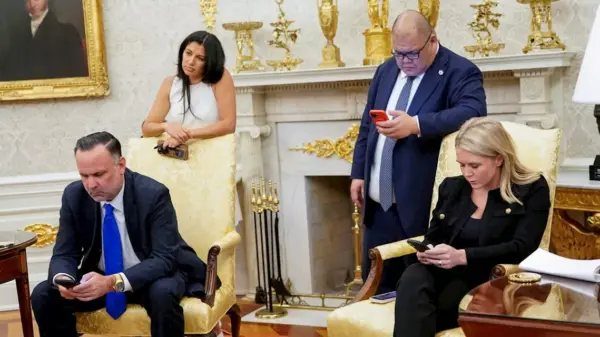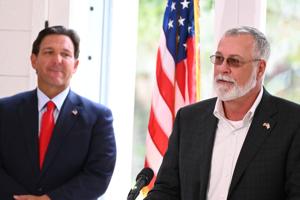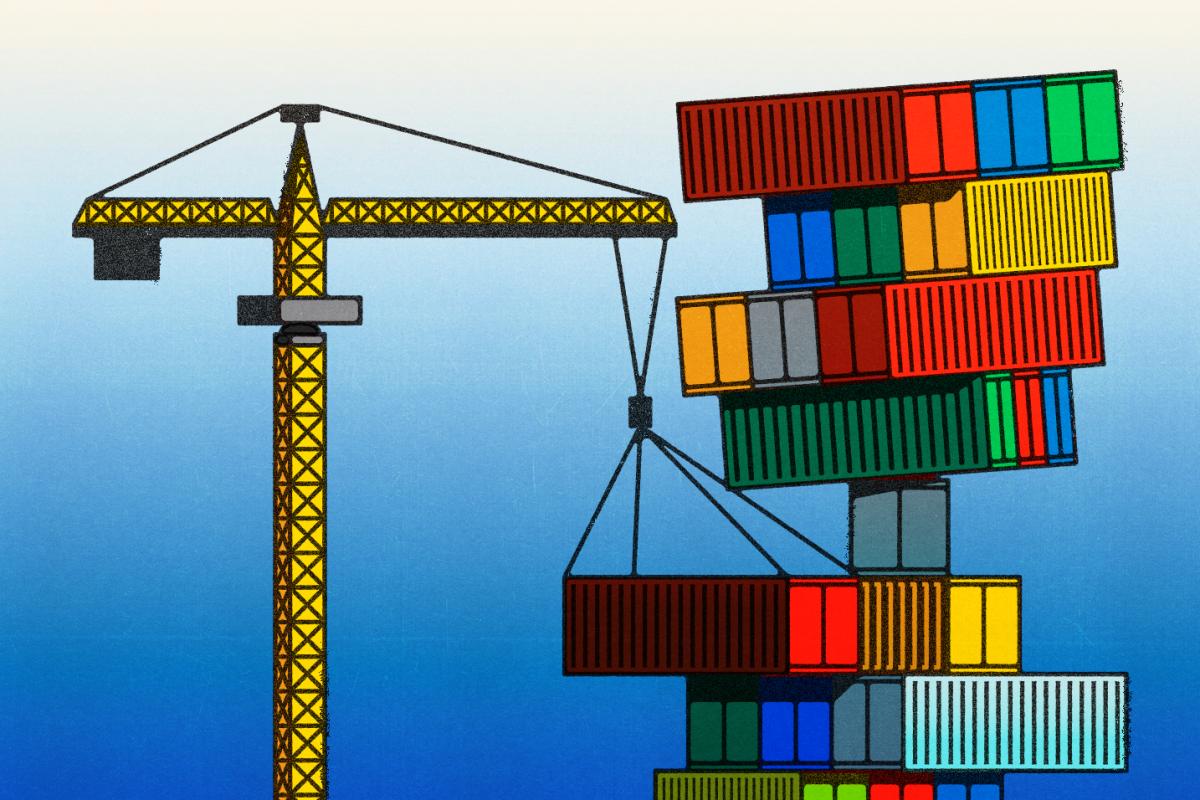The world is experiencing a significant transformation in its economic structure, marking the third major reordering in the last century. The United States has historically led these shifts, each time reshaping the global economy to align with its national interests. However, a growing trend of unilateralism and aggressive policies from Washington risks distancing key allies and providing opportunities for adversaries.
The first major economic reordering took place at the Bretton Woods Conference in July 1944. It established a dollar-centric international economic framework, leveraging the United States’ strength post-World War II. According to Harry Dexter White, a key architect of this system, a dollar-backed arrangement aimed to foster peace and prosperity through increased trade. While the Bretton Woods system was multilateral, it heavily favored U.S. interests, ensuring that the country remained at the center of global economic activities.
In 1971, President Richard Nixon initiated a second economic shift by terminating the dollar’s convertibility into gold, a foundational provision of the Bretton Woods system. During a retreat at Camp David, Nixon’s team dismissed concerns from allies regarding this unilateral move. Treasury Secretary John Connally famously remarked, “We’ll go broke getting their good will.” Following this pivotal decision, Nixon’s administration adopted a more cooperative stance, with his successor George Shultz working to remove capital controls worldwide, ultimately contributing to the formation of the G-7.
The current economic reordering, however, is marked by an even more pronounced unilateral approach under Donald Trump. His administration’s “Liberation Day” tariffs targeted both allies and adversaries, grounded in a belief that the United States has unfairly shouldered the burdens of global trade. This approach has significantly undermined existing global trading norms. Although Trump has sparked necessary conversations about the shortcomings of the current system, including the detrimental effects of deindustrialization on American workers and security, analysts warn that his methods could exacerbate existing problems.
Decades of global trade practices have allowed countries to impose subsidies and protectionist measures that contradict the foundational principles of the World Trade Organization (WTO). Both major political parties in the United States have seen growing dissatisfaction with these policies, leading to a rise in protectionist sentiments. Trump’s predecessors, including Ronald Reagan, also expressed concerns about global trade but sought to address these issues through tariffs and quotas rather than the sweeping reforms currently proposed.
While many criticize Trump’s approach, it is vital to recognize that the challenges facing the American economy are more complex than trade deficits alone. Although the deficit has been a longstanding concern for the administration, it is the underlying unfair practices of other nations, particularly China, that distort competition and hinder U.S. manufacturing capabilities. To effectively compete, the United States must address these practices through strategic international alliances rather than isolating itself from global partners.
The concept of a fair-trade customs union has been proposed as a solution to these challenges. Such a framework would involve establishing high standards for labor and environmental protections among member countries, promoting fair competition, and discouraging anticompetitive practices. By fostering collaboration among like-minded nations, the United States could create a stronger economic bloc capable of counterbalancing China’s influence.
The need for a cooperative approach is further emphasized by the significant role of the U.S. dollar in the global economy. The dollar is involved in about 90 percent of foreign exchange transactions, providing Americans with greater purchasing power and lower borrowing costs. However, rising tariffs and a growing deficit may weaken the dollar’s position, increasing borrowing costs and potentially destabilizing the economy.
As discussions about reshaping the global trading system continue, it is crucial to acknowledge the importance of both manufacturing and services in the American economy. The U.S. trade surplus in services totaled nearly $300 billion in 2024, indicating that a comprehensive strategy must involve both sectors to ensure sustainable growth.
The recent economic upheaval presents an opportunity for U.S. leaders to rethink trade policies and prioritize global cooperation. Establishing a fair-trade customs union could address the roots of trade imbalances while promoting true market competition. This initiative would not only benefit the United States but also provide emerging economies with access to lucrative markets, creating a framework for a more equitable global economy.
In conclusion, the United States stands at a critical juncture in its economic trajectory. As leaders navigate these complex challenges, the focus should be on fostering relationships with allies and developing a robust trade system that upholds fairness and competitiveness. The potential for a new global economic order hinges on the willingness to embrace cooperative solutions that align with the principles of fair trade.





